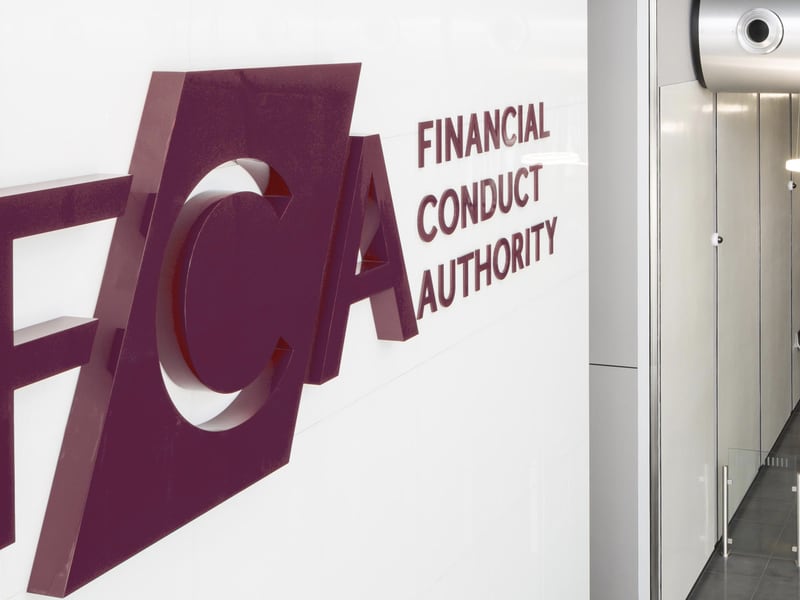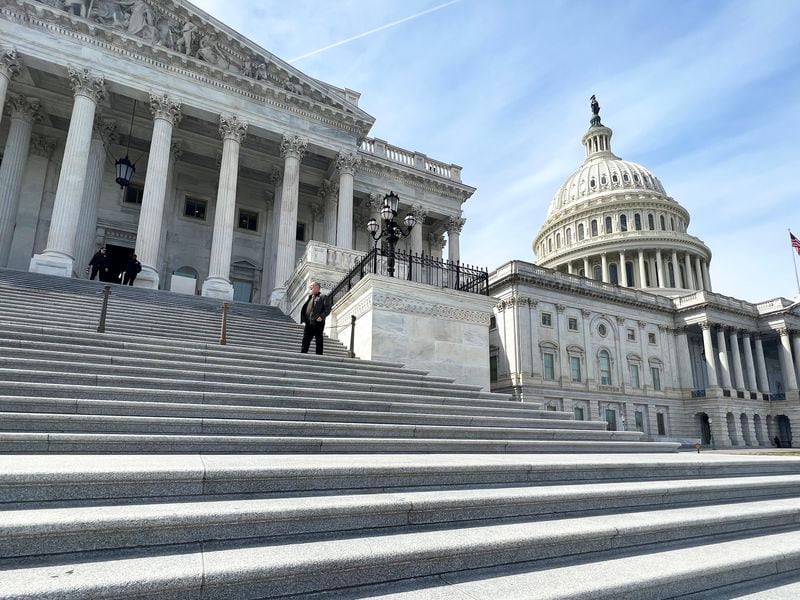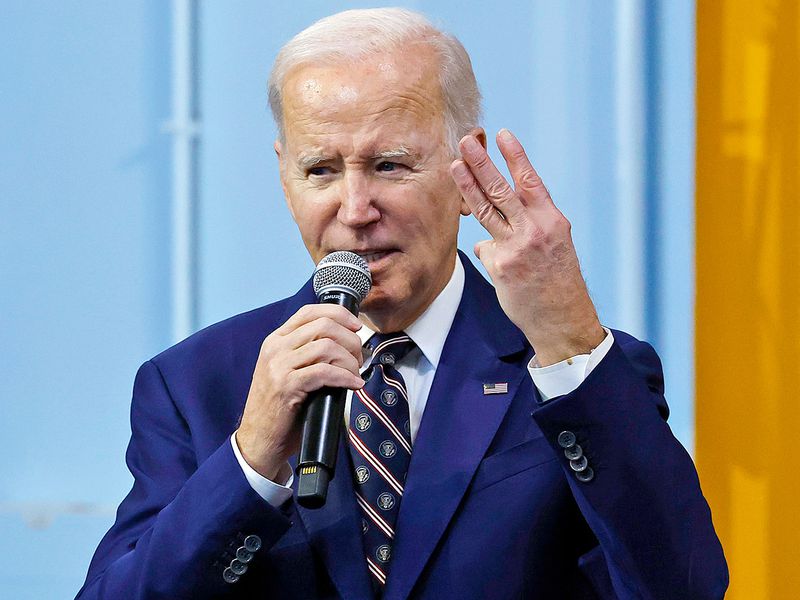Despite U.S. House Gridlock, Senator Gillibrand Bullish on Stablecoin Bill and Illicit Finance Legislation
/arc-photo-coindesk/arc2-prod/public/OGSWVF6C3VEKHGNM2YFB434DDE.png)
Even as the U.S. House of Representatives is paralyzed by a Republican leadership drama, U.S. Sens. Kirsten Gillibrand (D-N.Y.) and Cynthia Lummis (R-Wyo.) are still pressing to get crypto legislative through.
“I think there’s a huge potential for a bipartisan stablecoin bill in both the House and Senate,” Gillibrand said at CoinDesk’s State of Crypto event held Tuesday in Washington. “This is a measurable, doable goal for both chambers to have.”
A stablecoin bill cleared the House Financial Services Committee this year, but the Senate hasn’t yet made as much progress – despite the Lummis-Gillibrand bill having addressed the topic.
Even further along is a Senate effort meant to begin targeting illicit transactions in crypto, which exists now as an amendment on the Senate’s defense spending package. That’s now at the stage in which the Senate and House work out the differences in their bills, and if the crypto provision passes, it would set up U.S. examination standards and study how to combat anonymous transactions.
The defense budget “is likely to pass this year or early next year,” Gillibrand said, and the senator predicted the crypto-focused amendment is “likely to stay in.”
As for the wider, more ambitious market-structure legislation for crypto, which would empower the U.S. Commodity Futures Trading Commission (CFTC) as a watchdog of crypto commodities trading, Gillibrand said that “hopefully next year” it can find some traction. She said the current posture of the U.S. Securities and Exchange Commission (SEC) to steer the industry with punishments is untenable.
“Congress needs to act,” she said. “We cannot have the SEC regulating by enforcement. It doesn’t work. The courts have said so. So, it’s important for Congress to do its job.”
Lummis said that traditional financial firms are showing up, especially in the space around prospective spot bitcoin exchange-traded funds (ETFs) and other crypto ETFs.
“As mainstream finance moves into this space, I think people in Congress are going to see we can’t have our head in the sand anymore,” Lummis said at the same event on Tuesday, suggesting that some lawmakers will be more comfortable with the representatives of traditional financial firms. “When they come into the room where the party’s happening,” she said of the TradFi people, “they bring a lot of people with them.”
Both senators encouraged crypto firms to keep making their case in Washington, noting that most lawmakers still aren’t well educated on the industry.








